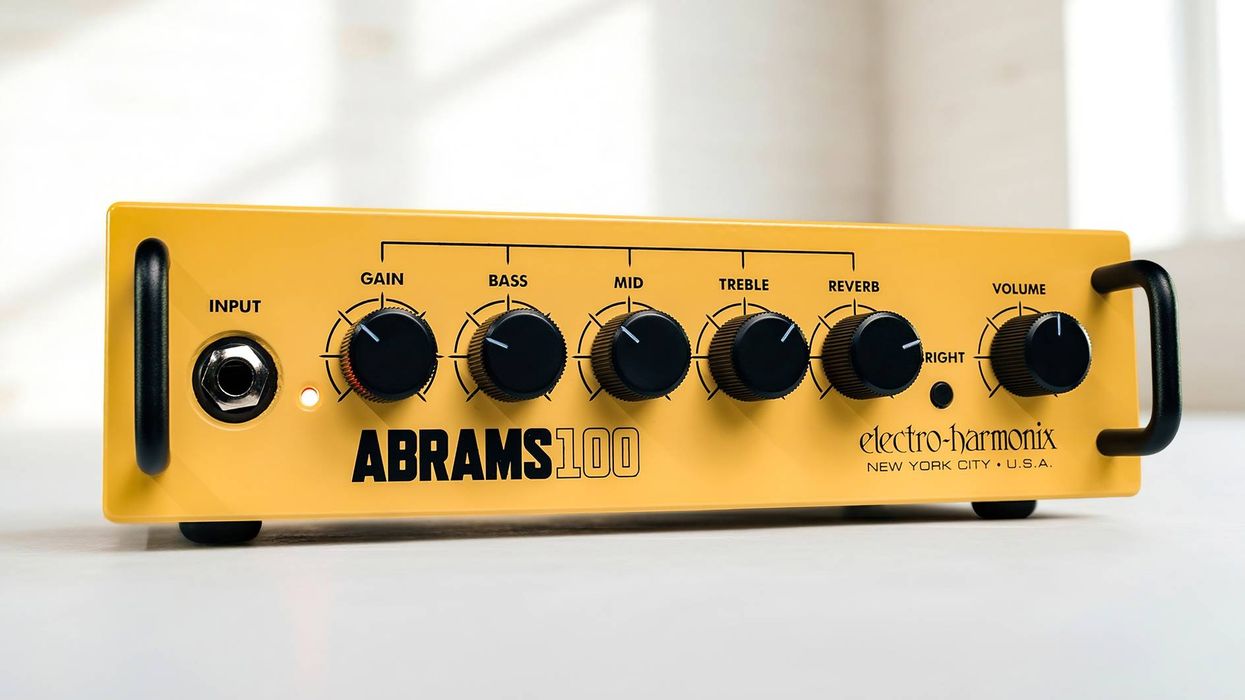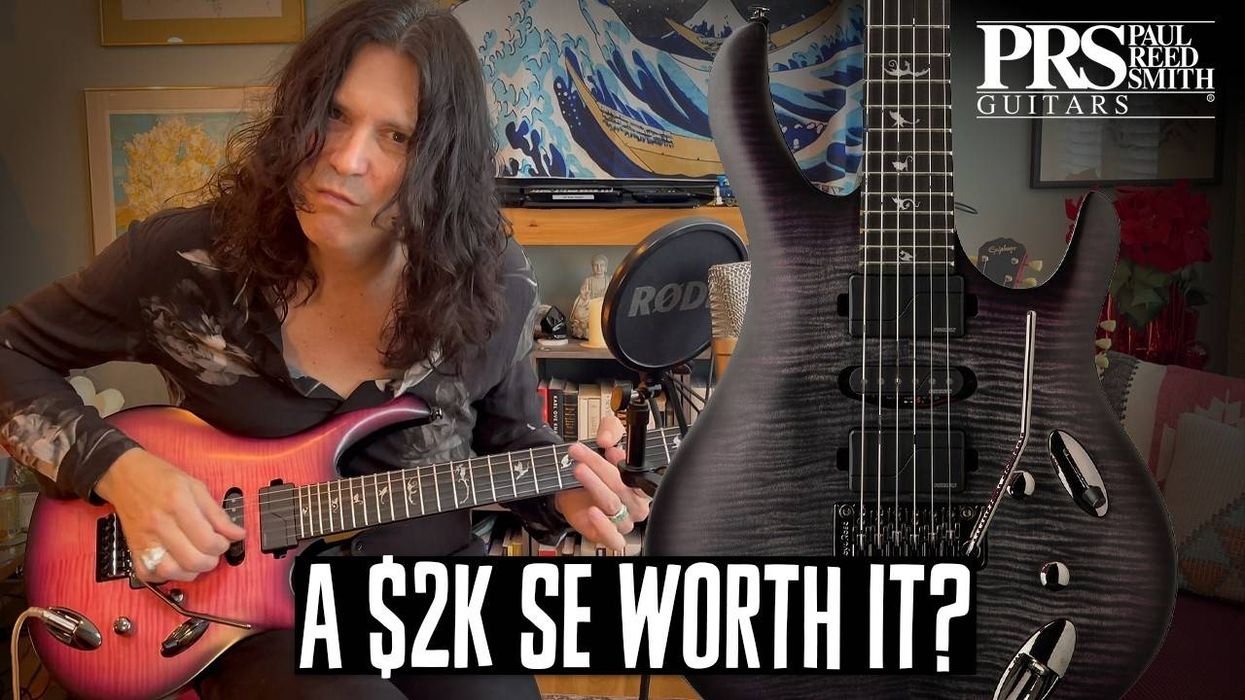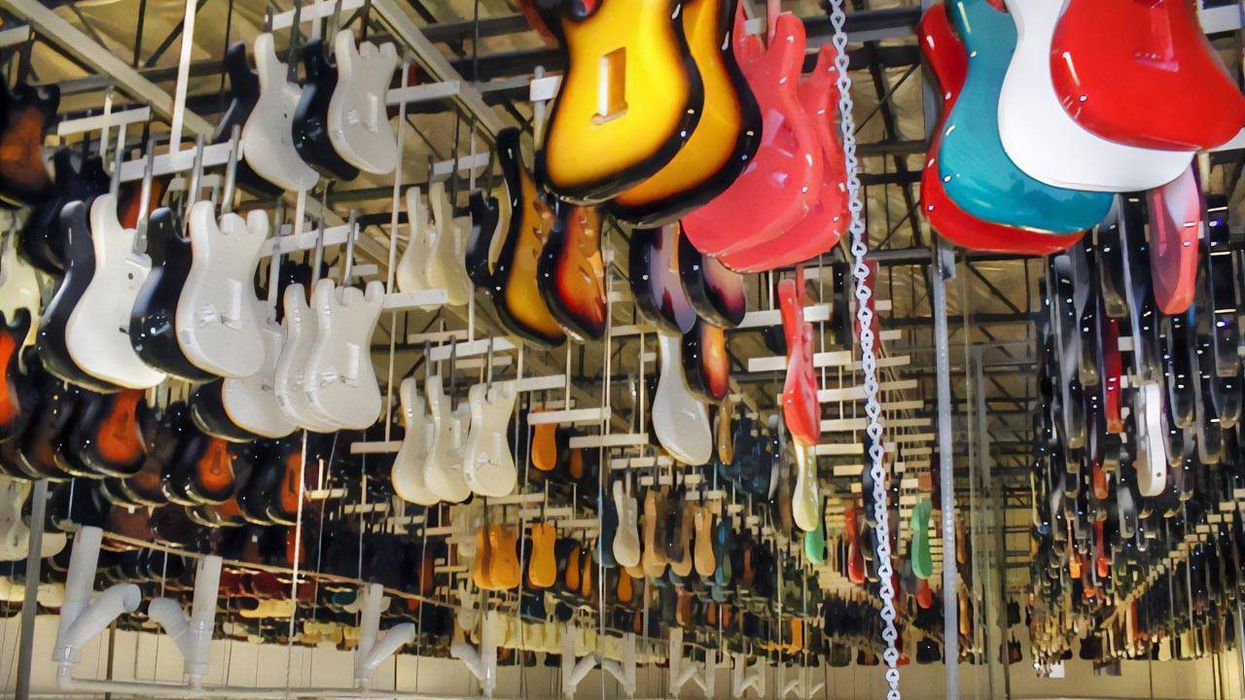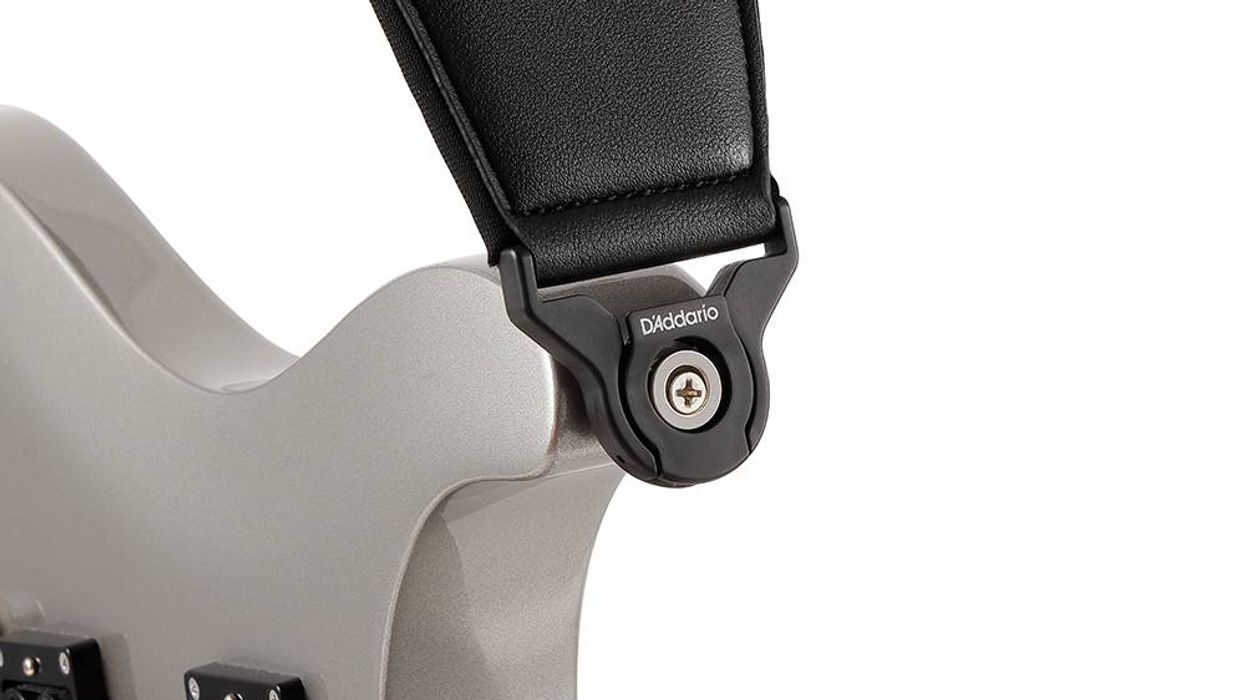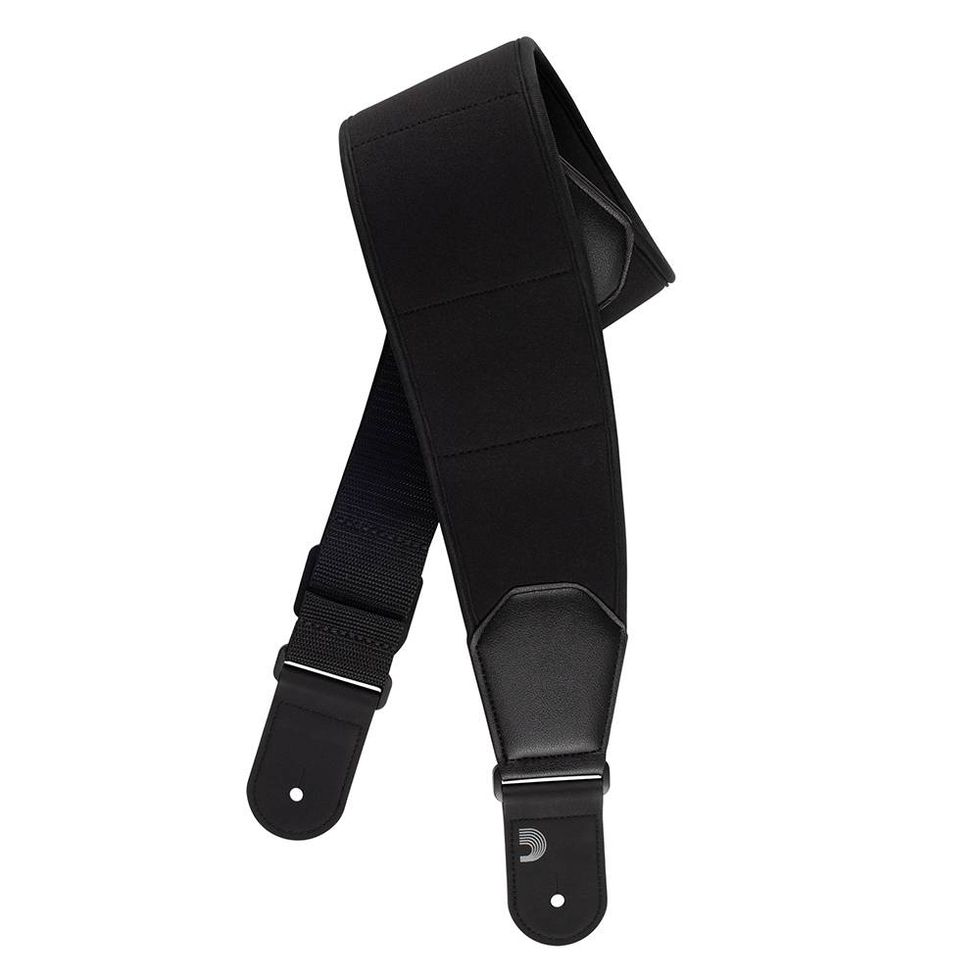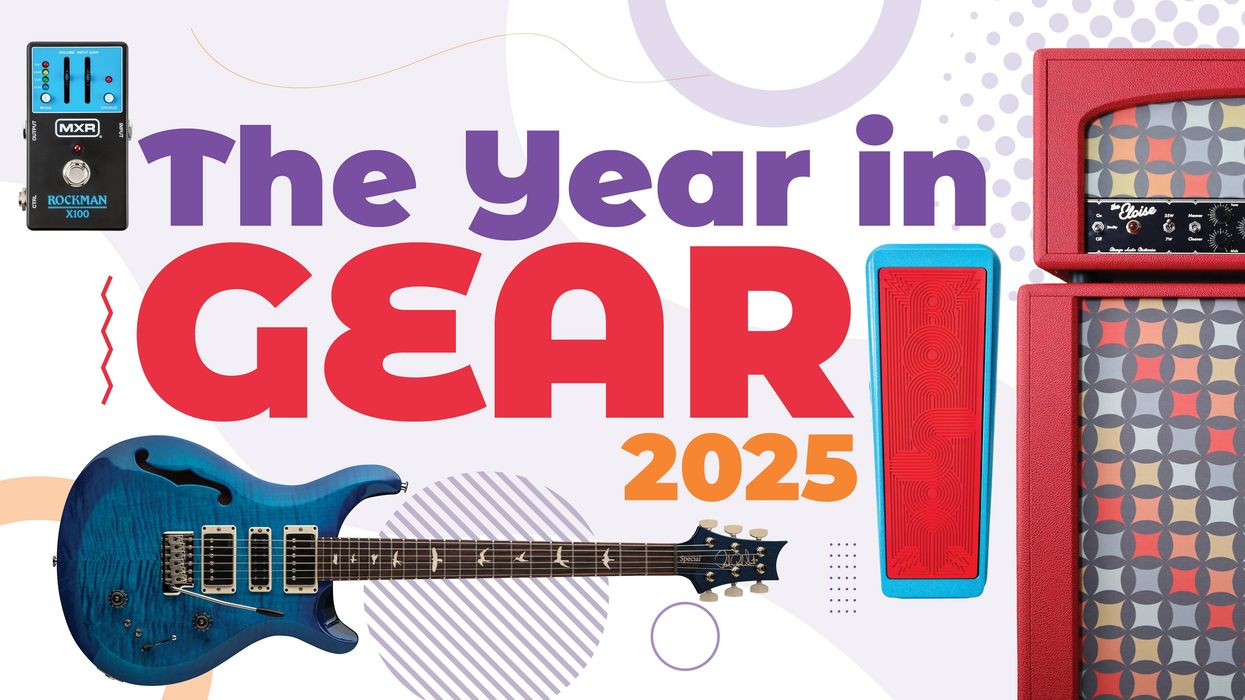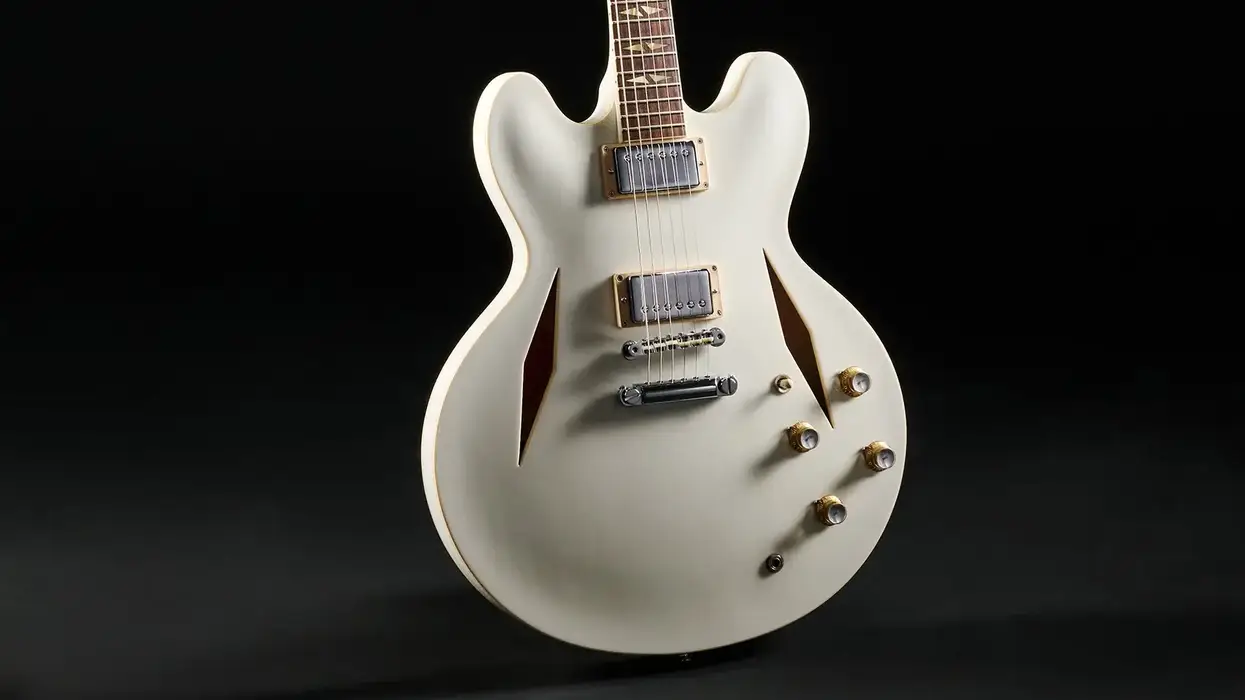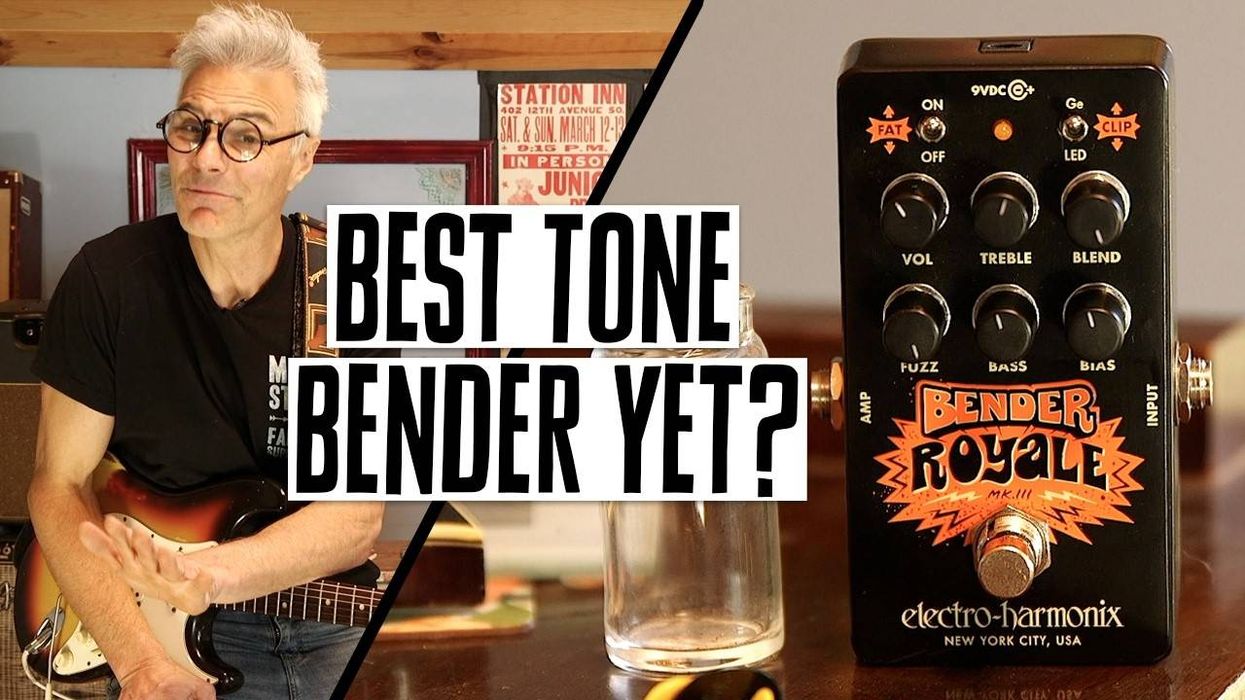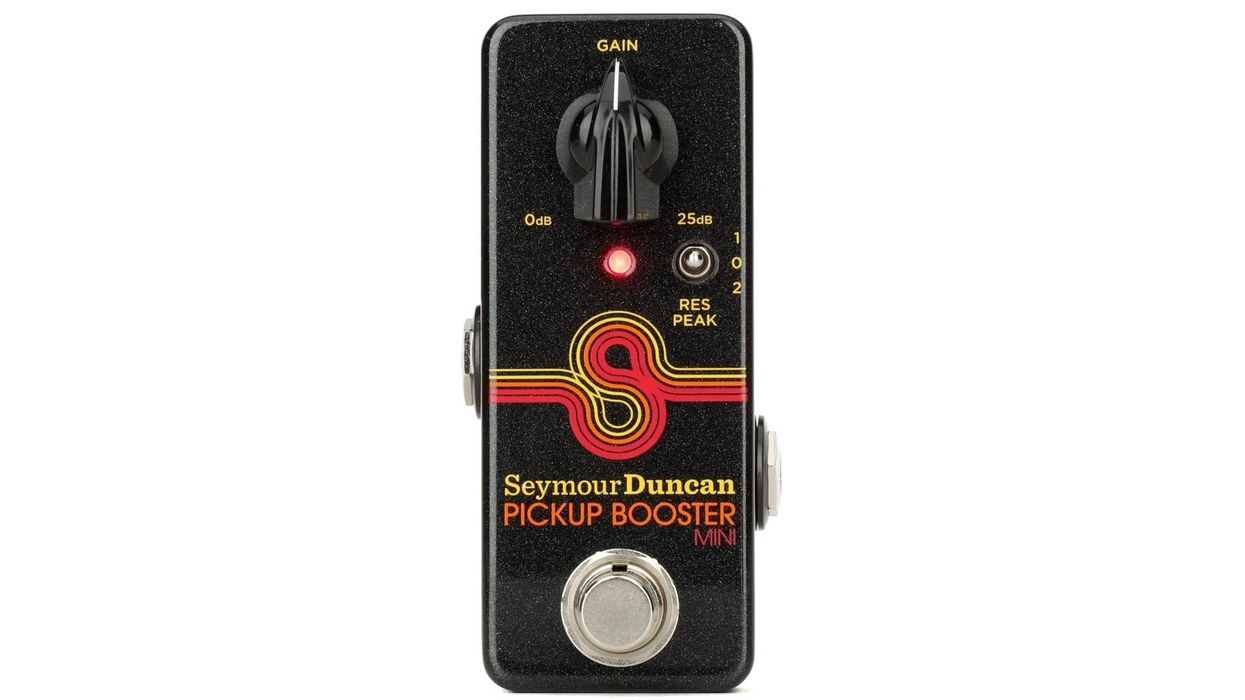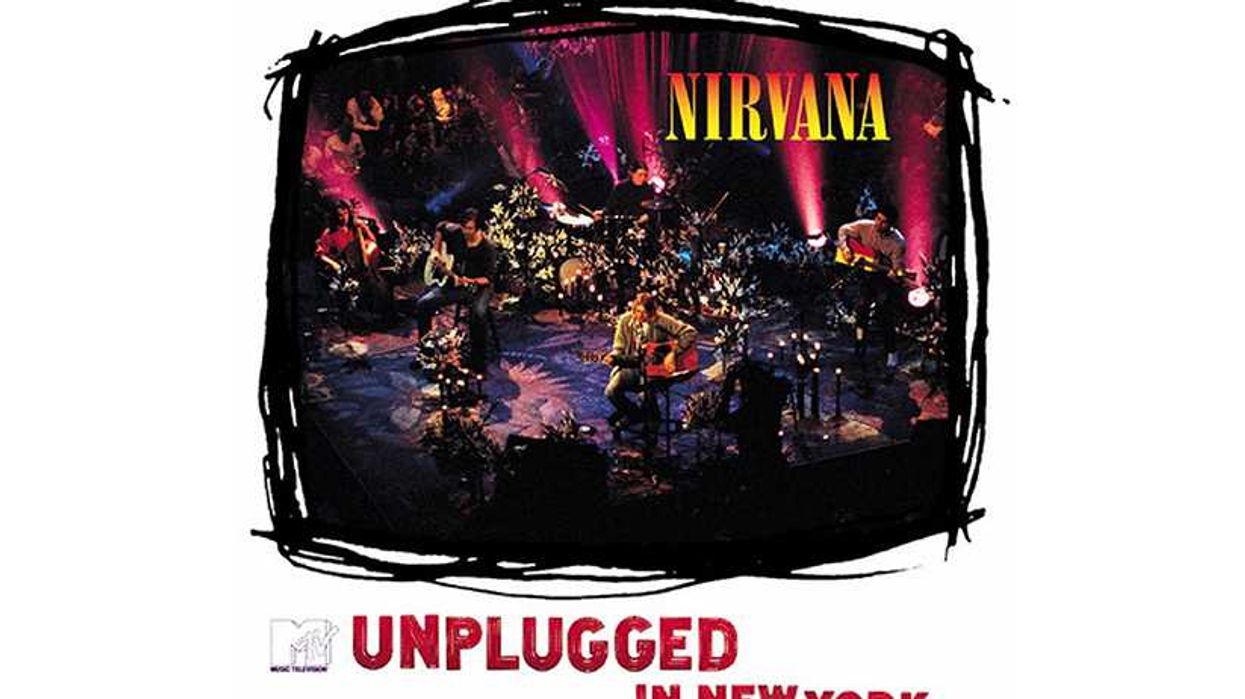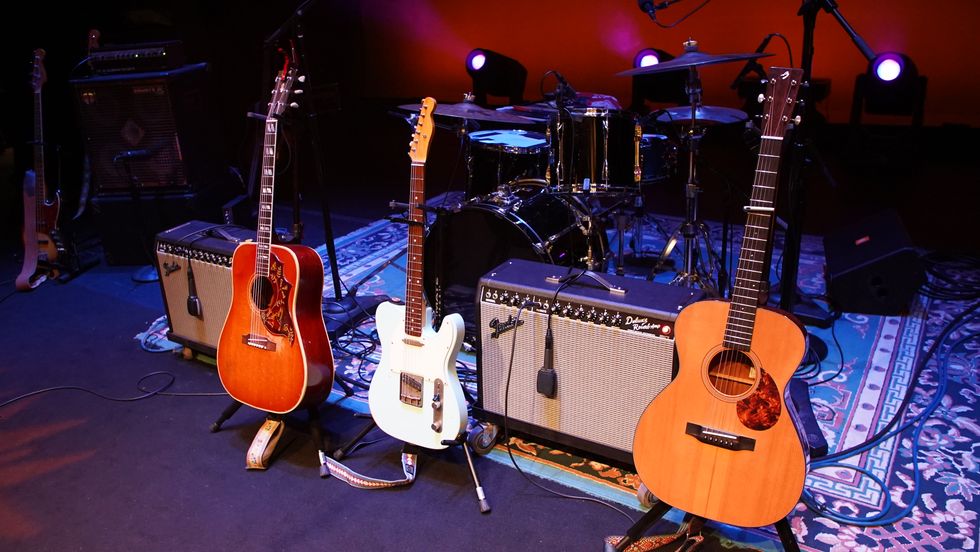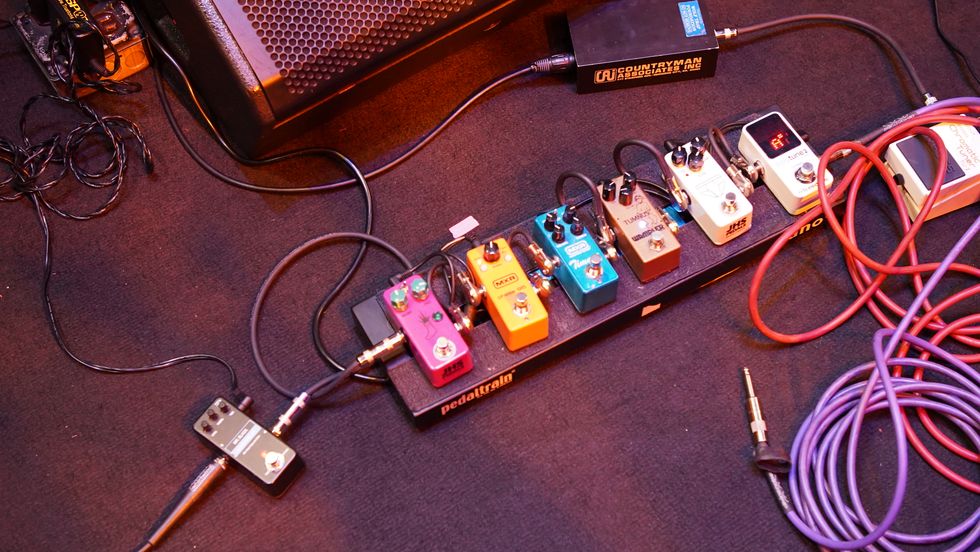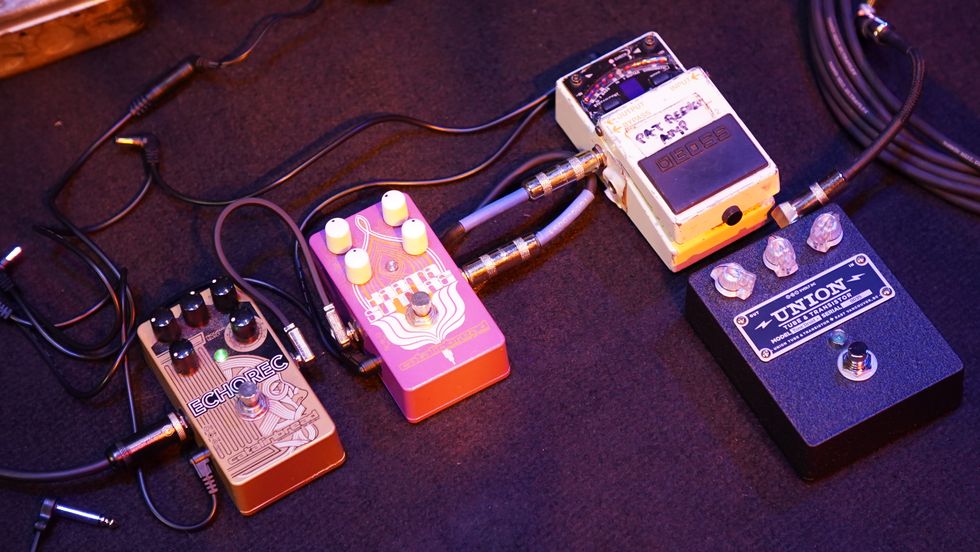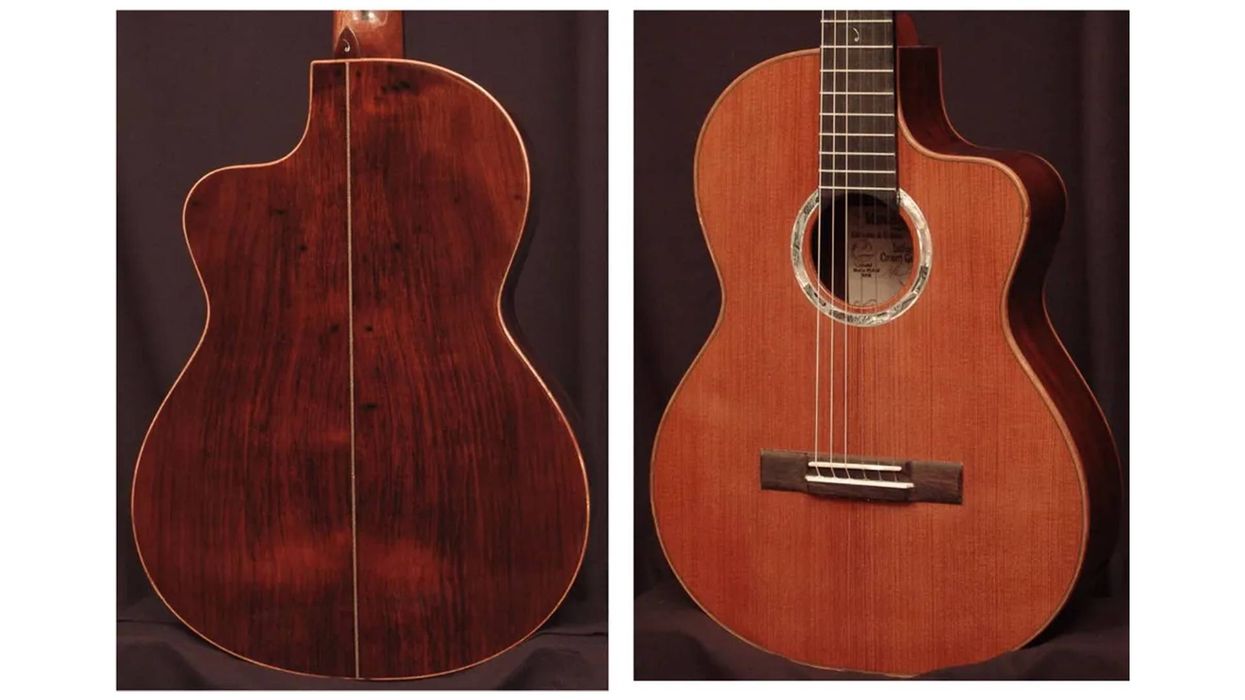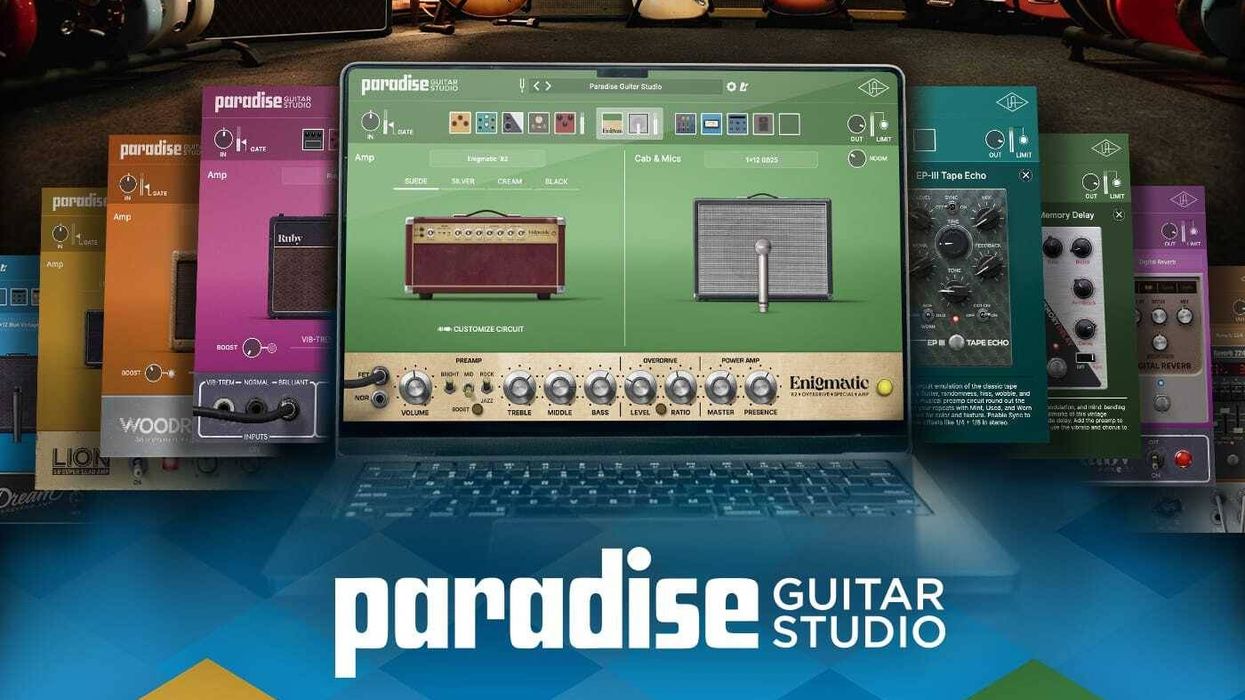Not long ago, I was out shopping for new furniture. I made the triumphant decision to put on my “big boy” pants and get some pieces above the college-level furniture that we males would use for the rest of our lives if we could get away with it. As I labored over the monetary decisions, I called my brother and asked his advice. He asked me, “Why are you so worried about saving $100 on this couch purchase? You won’t think twice to pay $2000 for a new bass, but you’re killing yourself over this?”
He’s right, you know. Frugality aside, I will buy gear pretty quickly, so I wasn’t really sure why I was so worried about a couch. The answer came from one of my best friends (and a guitar player). He told me, “You can’t make any money sitting on the couch (I think we’ve all tried), but you can make money with a guitar.” And you know what? He’s right.
As a professional bass player, or professional musician in general, one needs to buy gear to work. If I were a manager at IBM, the company would provide a desk, a computer and probably some office supplies for me to get the job done. As a bassist, the sometimes daunting task of obtaining the required tools is left to me, but that’s where it gets fun. Back in the day, the only way to shop was by going to the music store and plugging in. If it sounded like Jamerson, well then… you bought it. Even though in the internet age you can read reviews or a forum about every product made—even hear them on many sites—shopping hasn’t really changed. You still need to let your own hands and ears be the judge.
So what gear do we buy? We look through this magazine and dream of owning everything advertised, but reality (and rent) soon set in, and we have to pick and choose. That’s the beauty of our job. No one tells us what gear to use; our sounds are molded by our two hands and our imagination. The problem comes when you find the perfect touring rig and your finances get in the way. Whatever gear you finally decide on, you need to get it. If that’s the sound that defines you as a player, then the gear to make that sound needs to be in your arsenal. On that, there’s no compromising. If you are making the move to become a pro, a gun for hire, or even step up your weekend gig, you need to spend the money to make the money. The college-level furniture needs to be replaced with professional, roadworthy gear. As bass players, we have it a little bit easier, because our rigs are generally simpler than guitar players, but still need to be together.
I realize that financially it may be a stretch to do all the things we want to do, but look at the whole picture. If this is your job, or one of them, you need tools to do your job. And as someone who gets paid to play, you need to have the best tools you can afford to make that happen. I’ll never understand why I see guys show up for gigs in an expensive car only to break out a rig that’s held together with duct tape.
Your gear is an extension of you. You are a reliable, hard-working musician and you want to be seen as such. Most artists don’t know what kind of gear you play, or even care—until it fails, that is. They pay close attention when the bass signal starts crapping out during a show. The first assumption is that you didn’t spend the money for a better preamp. The debate about the price vs. the quality of gear always comes up. Just because it’s expensive doesn’t mean it’s great for the road, or for your sound. There are fantastic guitars that cost a fortune but simply are not meant for touring. Conversely, there are great-sounding entry-level amps out there, but can they hold up to the rigors of touring? Only you can find that out.
Whatever bass you tour with, or whatever amp you put in the trailer night after night, make sure you take care of your equipment with the reverence appropriate for a family heirloom. This is your vehicle for income. You’re going to need flight cases for your gear as well. I see too many players with great gear in sub-par cases. I have been guilty of this, as well. To spend $400 to protect a $3000 guitar is a sound investment when you think about it.
Now that you’ve found your rig, and have found the money to pay for your rig, it’s time to get out there and play. Wait, no gig? No sweat! We’ll talk about that in the months to come…
Steve Cook
Steve has performed and recorded with a diverse range of artists, from Edwin McCain to Randy Brecker to Course of Nature. Steve is also an alumnus of Woodstock ‘99, performing with his band King Konga. His current projects include extensive touring and video production with Bucky Covington (Lyric Street) and writing a popular weekly tour journal on his website
shinybass.com

